Researchers Believe They Have Found the ‘Real Atlantis’ off the Coast of This European Nation
In the early part of the 20th century, researchers working off the coast of a popular tourist destination in the Mediterranean stumbled upon the remains of an ancient settlement submerged beneath the waves.
Located off the coast of Greece, the sunken town of Pavlopetri is thought to be around 5,000 years old and continues to intrigue archaeologists due to its striking resemblance to the descriptions of the lost city of Atlantis shared by Plato thousands of years ago.
Plato and the Legends of Atlantis
The legend of the lost city of Atlantis has fascinated researchers for thousands of years, ever since it was first mentioned by the Greek philosopher Plato in his dialogues “Timaeus” and “Critias.”

Source: Wikimedia
For over two thousand years, the legend of the lost city of Atlantis has captivated the Western world, yet no real archaeological evidence of its existence has ever been found.
A Perfect World Destroyed by Humans
Theories on Plato’s in-depth descriptions of the fabled city and its advanced civilization have ranged, with some suggesting it was the Greek philosophers’ way of defining a perfect world destroyed by humans.
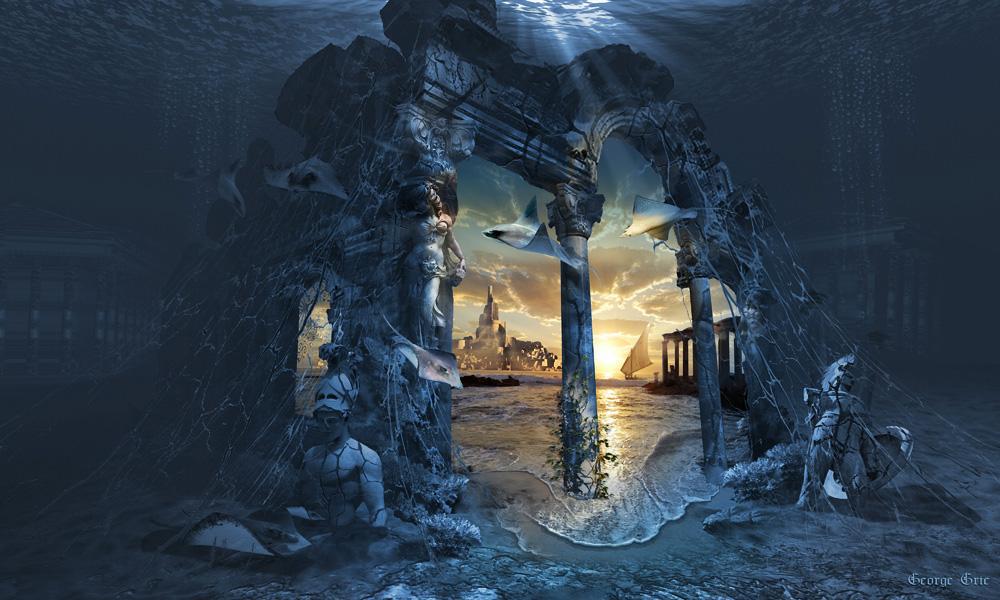
Source: Wikimedia
In a sense, it resembles the Garden of Eden epic from Semitic-speaking traditions, suggesting that it may have been more symbolic than factual after all. However, this hasn’t stopped researchers from attempting to find the supposed sunken city.
Mu, Lumeuria, and the Lost Sunken City of Greece
Several other legends throughout the world speak of mysterious cities and continents sinking beneath the ocean. South Americans speak of Mu, once located in the Pacific Ocean. Others speak of Lemuria, a continent that legends claim sank beneath the Indian Ocean.
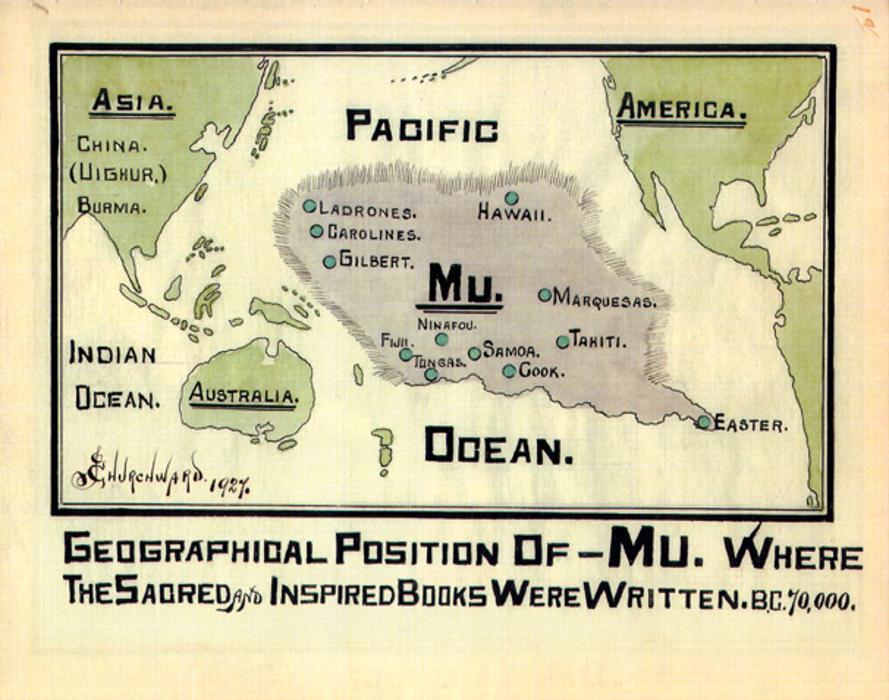
Source: Wikimedia
In the 20th century, reports began circulating about a fascinating discovery in Greece, which many dubbed “The Real Atlantis.” In 1904, Folkion Nergirs discovered the remnants of an ancient city just off the coast of Laconia in the Peloponnese region.
Bronze Age City Submerged Beneath the Ocean
While many were fascinated with Nergris’ discovery, the sunken Greek city, Pavlopetri, wouldn’t receive a thorough investigation for another six decades until Nicholas Flemming of the Institute of Oceanography at the University of Southampton arrived.
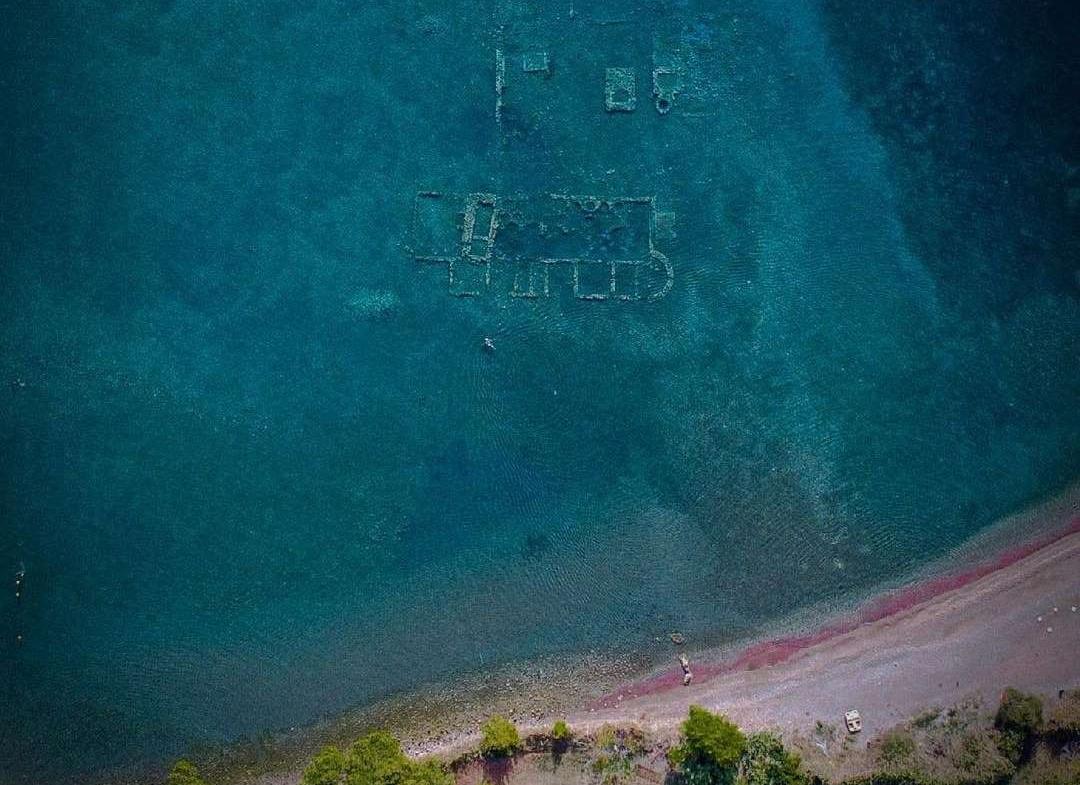
Source: Facebook
Fleming and his colleagues determined that the site may have been inhabited during the Bronze Age some 5,000 years ago.
The Sunken City of Pavlopetri
A year after its rediscovery in 1967, Flemming and archaeologists from the University of Cambridge spent six weeks collecting data at the submerged settlement.
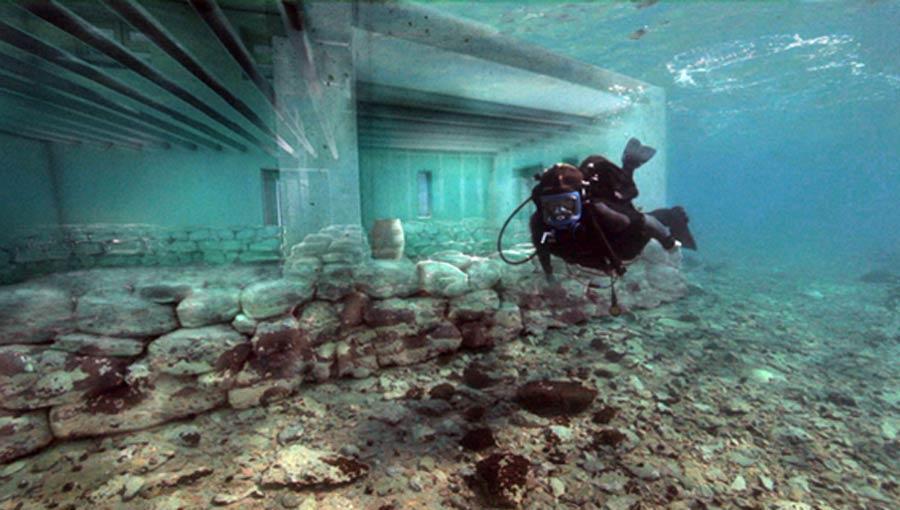
Source: @4biddnKnowledge/X
They conducted an extensive study of the submerged city. Accroding to their reports, it lay between three and four meters (or 10 to 13 feet) beneath the Mediterranean Sea.
Archaeologists Map Out the Underwater Town of Pavlopetri
Flemming and his colleagues mapped out the full extent of the ancient town, revealing at least 15 separate buildings and an array of courtyards, streets, and tombs.

Source: Wikimedia
Divers who explored the site also returned to the surface with a plethora of artifacts, including blades, pottery, and a small bronze figurine.
Dating Back to a Time Before Plato
After testing the bronze figurine, researchers revealed it was crafted between 2800 and 1180 BCE. In comparison, the buildings themselves date back to around 1650 BCE.

Source: Wikimedia
This discovery makes the remnants of the city at least 1,000 years older than Plato’s story of Atlantis, leading many to suggest that the town’s sinking may have inspired the Greek philosopher’s tale.
Fresh Eyes Investigate Pavlopetri
Flemming and his team’s progress began to shed light on the history of the ancient town. However, after completing their six-week investigation of the site, they decided to move on to other projects.

Source: Freepik
The hype of a sunken city appeared to ease off, and Pavlopetri would receive no further attention for another 40 years until a team of international experts from the Hellenic Centre for Maritime Research, the Ephorate of Underwater Antiquities of the Hellenic Ministry of Culture, and the University of Nottingham initiated a five-year project.
21st Century Survey Discovers an Array of New Structures
The team’s 2009 survey led to the discovery of over 9,000 square meters (or 97,000 square feet) of new structures, including an enormous rectangular hall located on a previously hidden street.
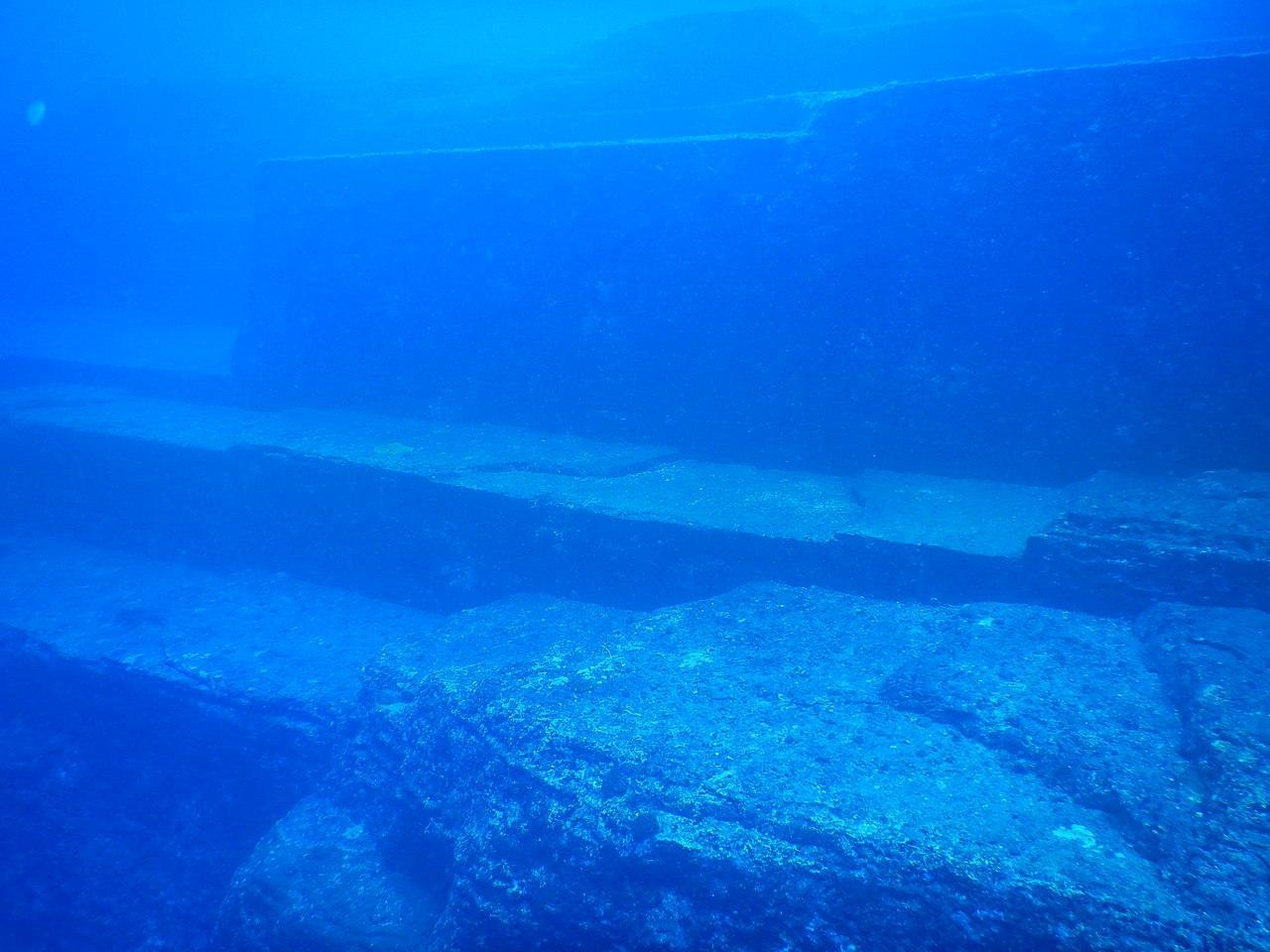
Source: Wikimedia
They also brought ceramics to the surface of the water, many of which were dated to the Mycenaean period. The dating of these artifacts led researchers to suggest that Pavlopetri was inhabited from 3000 BCE until around 1100 BCE.
What Happened to the City of Pavlopetri
The mystery of what sent Pavlopetri beneath the waves of the Mediterranean Ocean still remains a contested topic of conversation, adding to the intrigue and curiosity surrounding this ancient city.

Source: Wikimedia
The best theory suggests it was sunk by a massive earthquake that ripped through the region sometime between 1000 BCE and 375 CE. Yet, researchers admit that more evidence is required to prove this thesis.
Further Investigation of the Atlantis of Greece
It remains uncertain whether the tragic sinking of Pavlopetri inspired Plato’s tales of Atlantis.
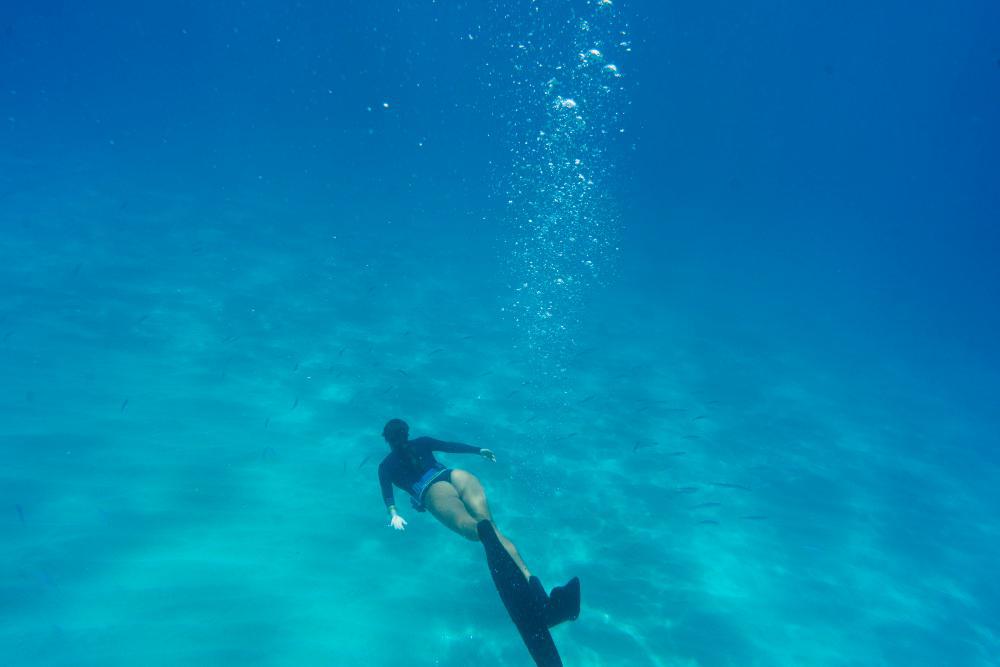
Source: Wikimedia
In the future, another team of archaeologists may take it upon themselves to investigate the remains of this once-lost city further. Like the archaeologists that came before them, they may stumble upon more artifacts that could help us discern how this city ended up beneath the waves, sparking new excitement and hope for further discoveries.
